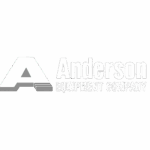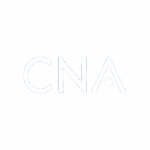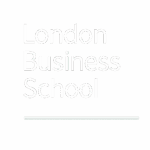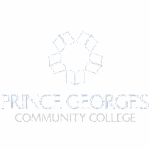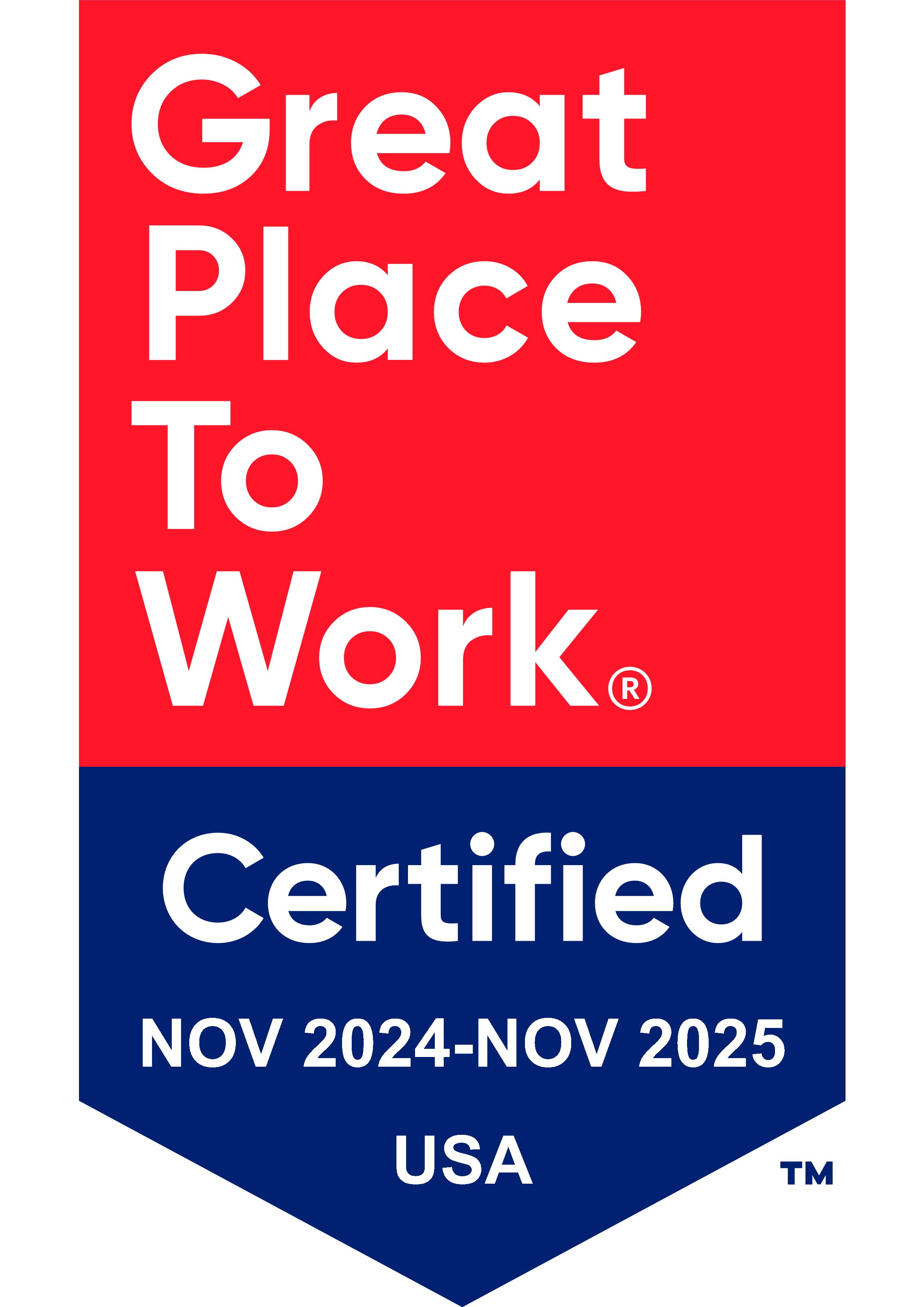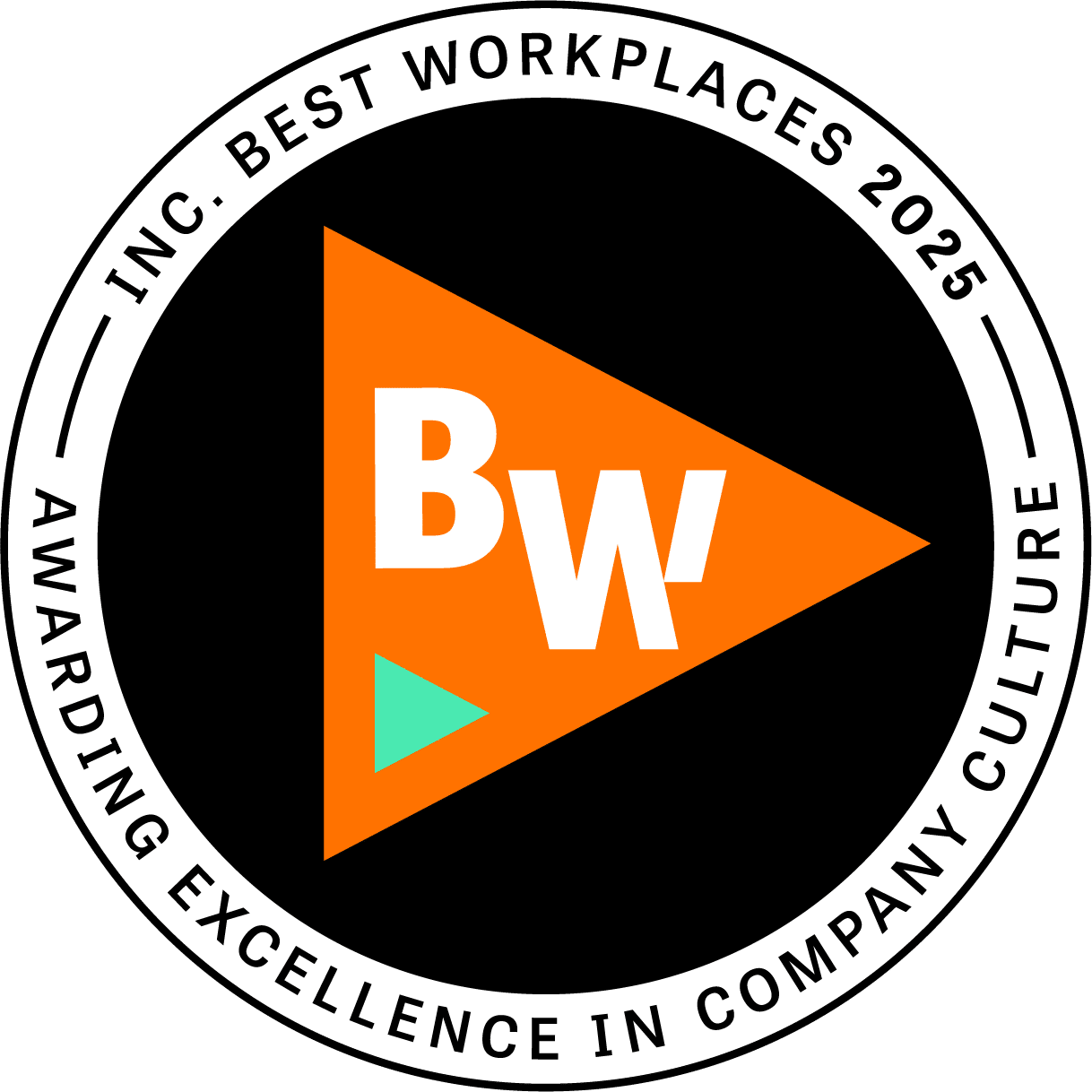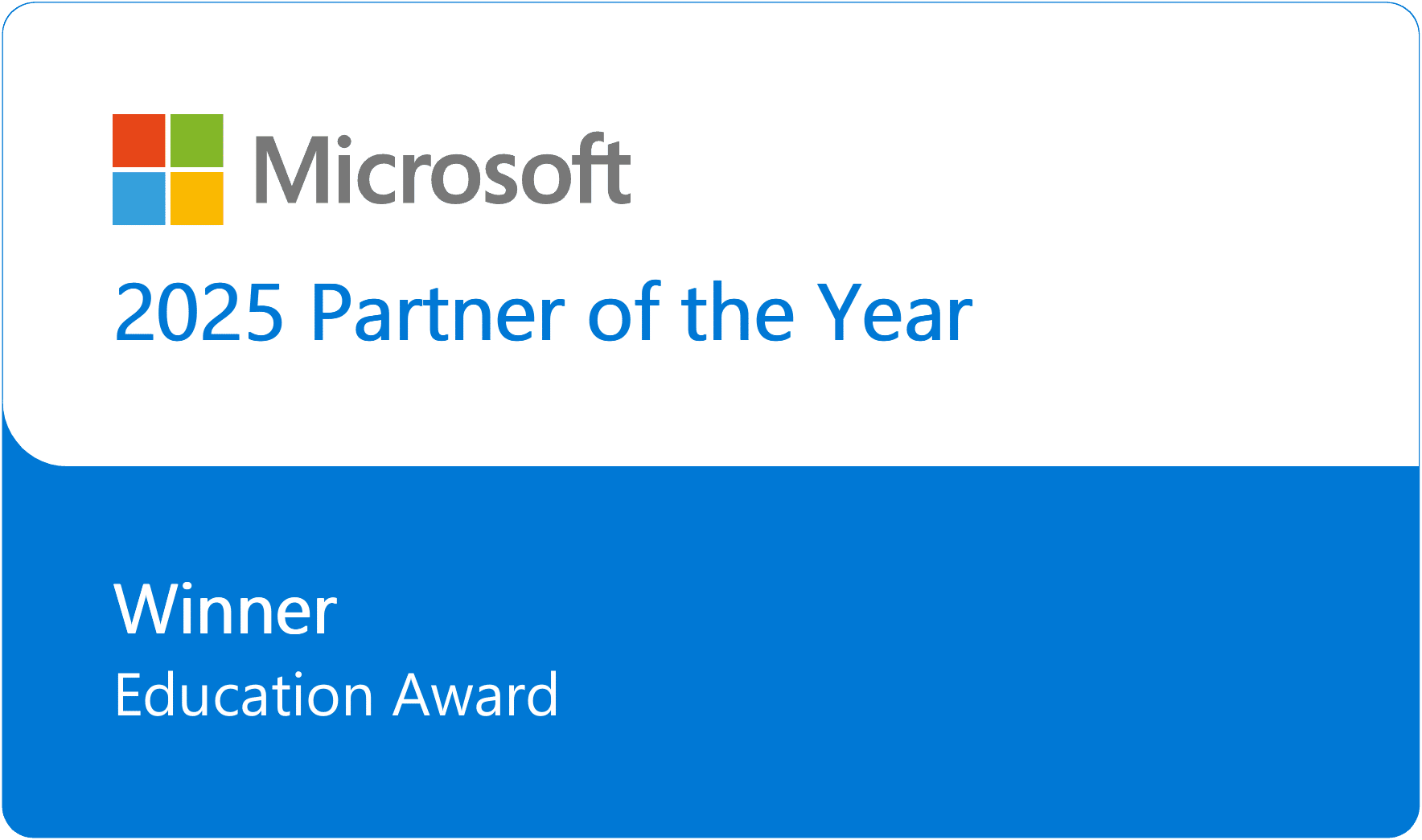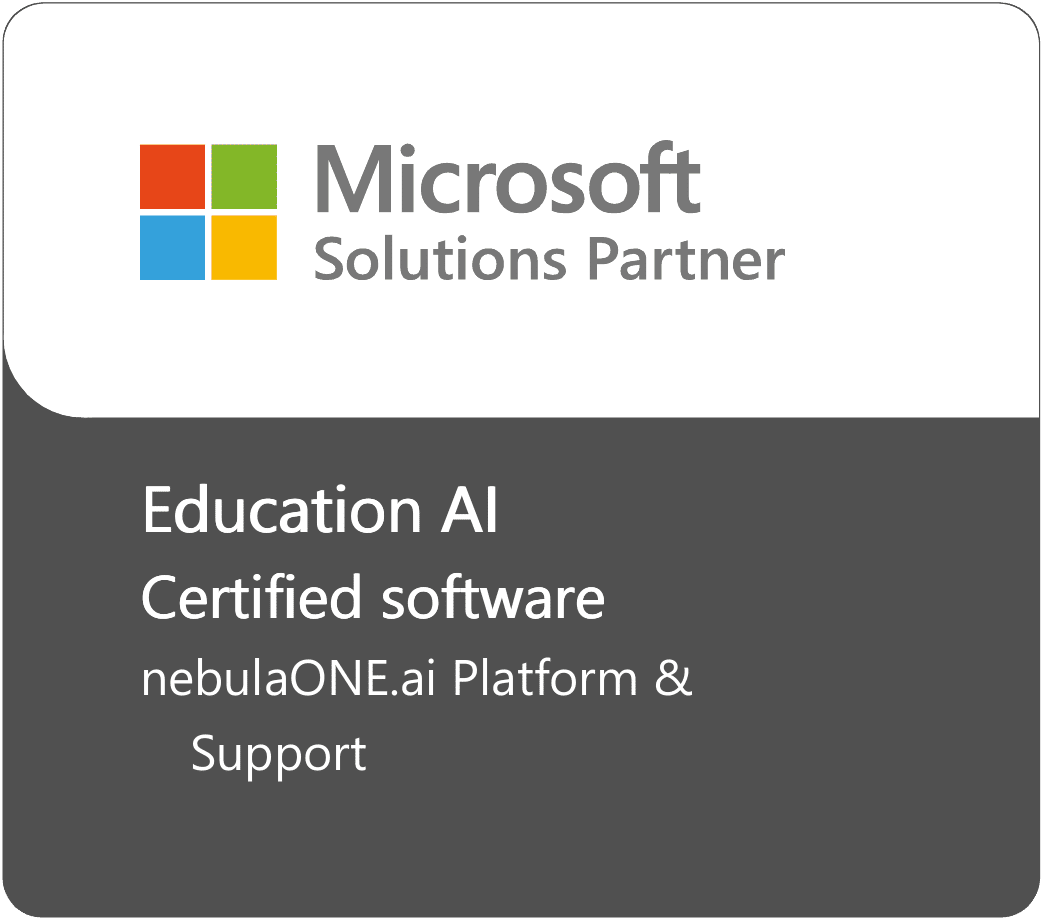As a Workforce Manager who’s been soaring through the world of technical recruitment for a few years, I’m here to guide you through the steps of navigating a path towards becoming a Cloud Consultant (specifically an Azure or M365 Consultant 😉).
Soft Skills Are Key
Technical skills are important of course, but the soft skills are what really matter. Here at Cloudforce, communication, how well you present yourself in front of others, how well you work in a team setting, and problem-solving are the things that set our consultants apart from others. Our Cloud Consultants work with clients of all levels, and teams from multiple departments (not just technical folks), so being able to explain tech jargon in plain English is a must.
At Cloudforce, we also like to “surprise and delight” our clients. This includes sending SWAG to show our appreciation, sending birthday presents, or just a “I remember you mentioning you really wanted to check out this restaurant, so I got you a gift card there” gift. But to do so, you must practice active listening and empathy to not just understand the client’s needs and the requirements of a project, but to show that you’re paying attention in every interaction.
Nail the Basics of Cloud Computing
Let’s talk fundamentals. If you want to be a Cloud Consultant, you should definitely understand the basics of cloud computing. Do you know your IaaS from your PaaS and your SaaS? If you don’t, think of it as the ABCs of cloud computing, and dive into deployment models like public, private, and hybrid clouds. As a non-technical person, I know the differences, so if I can talk about each model, you can too! Gain a solid understanding of the cloud, and the underlying principles of things like scalability and virtualization before diving fully into Azure and M365.
Get Up and Personal with Azure
Now, onto the good stuff: Azure. Since Cloudforce is a Microsoft Solutions Partner, it’s important for our consultants to know the ins and outs of Azure services. Start with the basics like Virtual Machines and Azure App Services. Then move on to Azure SQL Database and Blob Storage. Don’t forget about security stuff like Azure Active Directory—it’s a big deal in our world. Before taking on certifications, I recommend getting hands-on in Azure, too.
Leverage Azure’s free and trial subscriptions to experiment and build applications. Here you can spin up virtual machines, explore automation and get a feel for the Azure portal and prepare for engaging in real-world projects as a Cloud Consultant.
To take it a step further, I recommend personal projects and even applying for internships to help you gain practical experience within Azure if you’re just starting out.
Get Certified!
Once you’ve grasped the fundamentals and utilized some of the free resources within Azure, apply for those certifications! If this is your first Azure certification, I recommend applying and sitting for the Azure Fundamentals (AZ-900) exam (link to how to study and pass the exam here!). Then move on to the more advanced certifications such as the:
- Azure Administrator Associate (AZ-104)
- Azure Solutions Architect Expert (AZ-305)
Stay in the Loop
And lastly, continuous learning is key! As cloud technology advances and constantly evolves (hello AI!), it’s important for our consultants to stay up to date with Microsoft’s new services, features, and best practices. Be sure to stay on top of trends, and attend in-person and virtual webinars, sessions, and conferences when you can.
If you don’t already, be sure to follow Cloudforce on LinkedIn to get notified of events that we’re hosting and explore our job openings!

 by
by 

